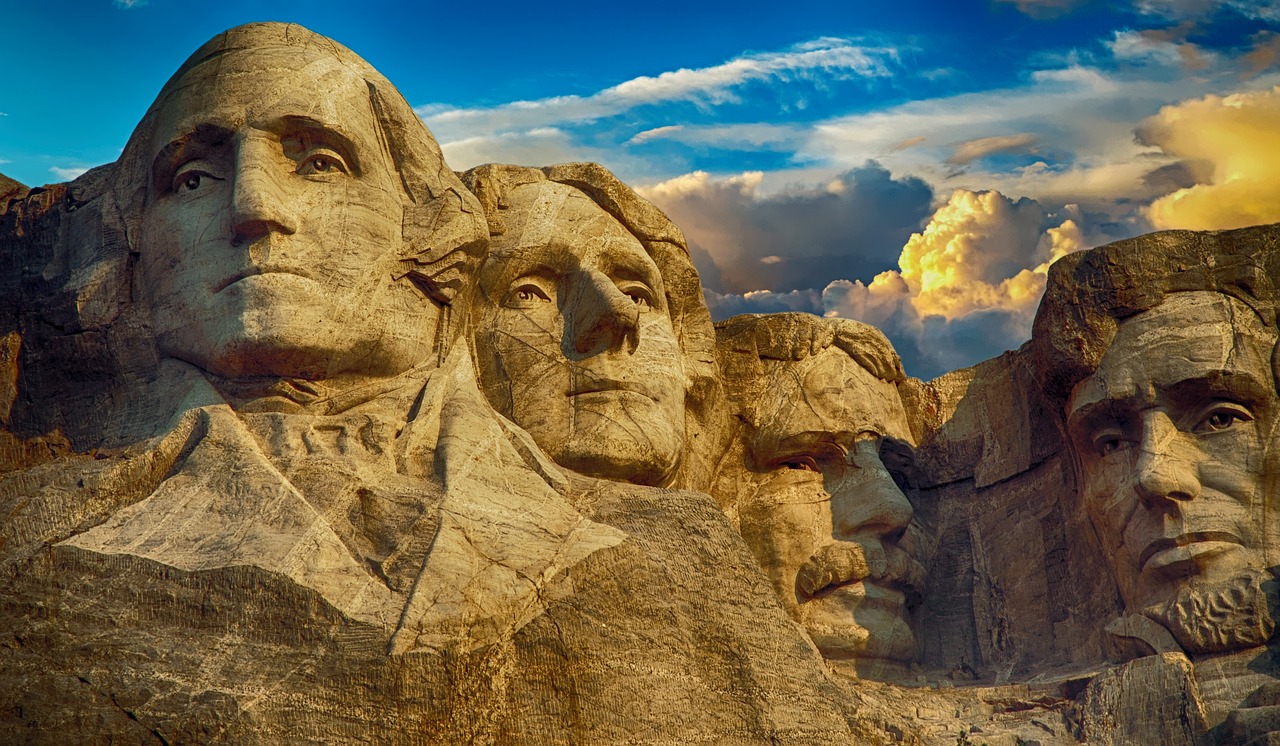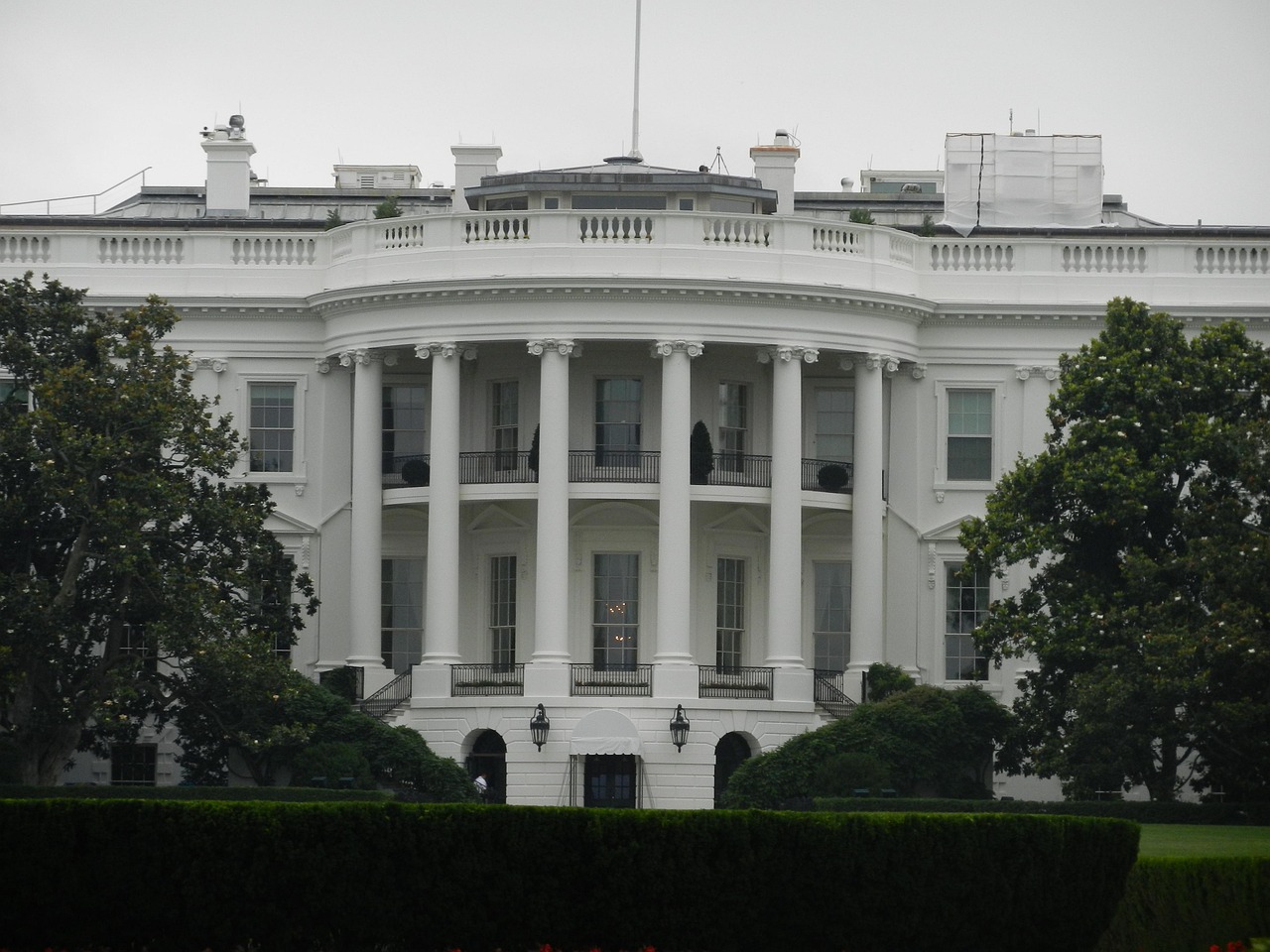President’s Day is a holiday celebrated in the United States each year on the third Monday in February. Originally established to honor George Washington, the nation’s first president, it has evolved over time into a broader celebration of all U.S. presidents and their contributions to the country. While the holiday has its roots in the celebration of Washington’s birthday (February 22), President’s Day now serves as a day to reflect on the history of the nation’s leadership and the leaders who have shaped its destiny.
The Origins of President’s Day
The origins of President’s Day trace back to the 19th century, beginning with the commemoration of George Washington’s birthday. Washington’s birthday was first recognized as a federal holiday in 1885, becoming an official day of remembrance for the founding father and first president of the United States. His birthday, February 22, was the focal point of the holiday.
However, in the 1960s, the United States government introduced the Uniform Monday Holiday Act, which aimed to provide more three-day weekends for the nation’s workers. The law moved the observance of Washington’s birthday from its fixed date of February 22 to the third Monday in February, effectively consolidating Washington’s birthday celebration with other commemorations around this time. This change resulted in the holiday being called “President’s Day,” even though it’s not always a direct celebration of any one particular president.
Today, President’s Day is often viewed as a day to honor the lives and legacies of all U.S. presidents, from Washington to the most recent occupant of the White House. In the context of the holiday, it’s a time to reflect on leadership, governance, and the ideals that have shaped the American political system.

A Day for All Presidents
While the holiday is still officially known as “Washington’s Birthday” in many places, it has become more widely known as President’s Day. This shift reflects the broader significance of the day. It is no longer solely about Washington but is an occasion to recognize all 46 presidents who have served the nation (including the current president). From Washington to Abraham Lincoln, Franklin D. Roosevelt, John F. Kennedy, Ronald Reagan, and others, President’s Day offers a moment to reflect on their varied contributions to the United States.
Abraham Lincoln, for example, is often celebrated on President’s Day for his leadership during the Civil War and his role in ending slavery with the Emancipation Proclamation. Similarly, Franklin D. Roosevelt is remembered for his leadership during the Great Depression and World War II. Many Americans use President’s Day to reflect on these pivotal figures and the legacy they left behind, considering how their actions still resonate in the nation’s policies, values, and identity.
President’s Day Traditions and Celebrations
Though President’s Day is a federal holiday, its observance varies across the country, with many businesses, schools, and government offices closed in honor of the day. One of the most iconic aspects of President’s Day in the United States is the retail sales, which have become a hallmark of the holiday. Many stores and online retailers offer significant discounts on everything from electronics to clothing. Shoppers can take advantage of these sales, which are often promoted as the “President’s Day Sale,” while reflecting on the historical significance of the holiday.
In addition to the commercial activities, President’s Day is also a time for local events and celebrations. Many museums and historical sites across the United States host special exhibits or programs highlighting the lives and legacies of past presidents. For example, visitors to the Smithsonian National Museum of American History in Washington, D.C., can explore exhibits about the presidency and the role of the executive branch in the United States.
In some towns and cities, parades and public events are held to honor the nation’s leaders. These events often feature re-enactments, historical displays, and speeches, offering citizens an opportunity to engage with the nation’s history in a more interactive way.

A Moment to Reflect on Leadership
While President’s Day can feel like a day off for many, it is also a time to reflect on the qualities that make for great leadership. Each U.S. president has faced unique challenges during their time in office, from economic crises and wars to political division and social upheaval. Some presidents have been celebrated for their vision and decisiveness, while others have faced significant criticism for their policies or actions. Yet, the institution of the presidency endures, and President’s Day provides an opportunity to consider the principles of democratic leadership.
For many, President’s Day prompts a reflection on the responsibilities of leadership—not just in the White House, but in all areas of society. The qualities of good leadership—integrity, vision, courage, and empathy—are traits that citizens of all walks of life can strive for in their personal and professional lives. While the president is the highest office in the land, the true strength of a nation comes from the collective leadership of its people.
The Modern Relevance of President’s Day
In today’s political climate, President’s Day has also become a time to consider the evolution of the presidency and its role in the contemporary world. How has the office changed over the years, and how do the actions of today’s leaders shape the future of the country? President’s Day encourages a broader dialogue about governance and the ways in which political power is exercised in the United States.
For instance, with the growing polarization of American politics, President’s Day can serve as a moment for reflection on the importance of unity and bipartisanship. It also provides an opportunity for citizens to engage in discussions about what they want from future presidents and the kind of leadership that will best serve the nation.
Conclusion
President’s Day is more than just a federal holiday or an opportunity for shopping; it is a chance for Americans to reflect on the history and future of their nation. From honoring George Washington to remembering the diverse legacies of all past presidents, it is a day to celebrate the ideals of leadership, democracy, and the enduring strength of the American presidency. Whether through history lessons, public events, or personal reflection, President’s Day invites all Americans to consider the role of leadership in shaping a better, more unified future.
